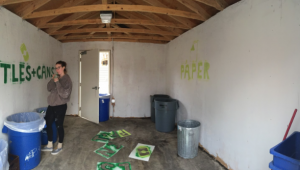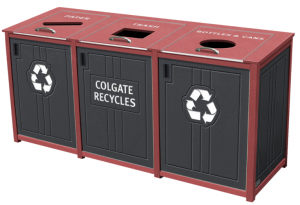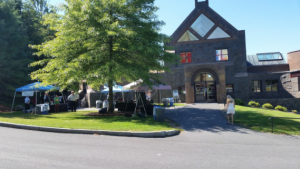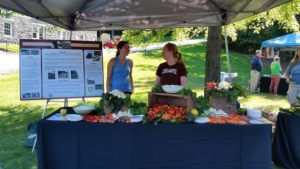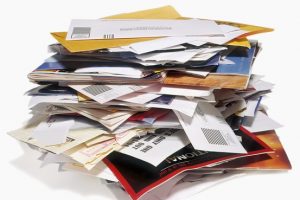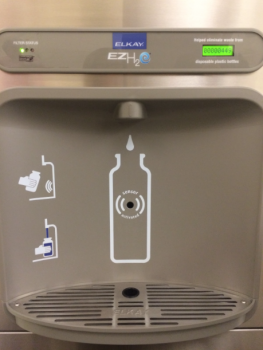Take a few moments to get to know our Summer and Fall 2016 Green Raider Interns. Their energy and motivation are bringing many new and exciting things to the Office of Sustainability this year.
Madison Smith
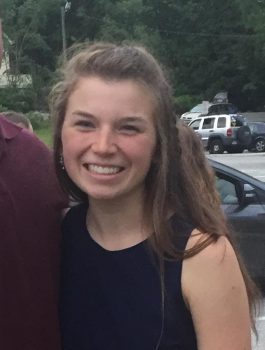
My name is Madison Smith and I am from New Boston, New Hampshire. I plan on double majoring in Environmental Studies and Economics. In my free time, I am very interested in food and cooking, outdoor activities such as hiking, fitness, and reading.
Isabel Dove
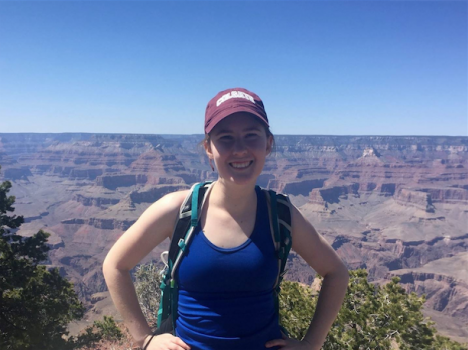
My name is Isabel Dove and I am a sophomore from Collegeville, Pennsylvania planning to major in Geology. Along with promoting sustainable lifestyles, I enjoy playing tennis, traveling, and hiking.
Jackson Lucas
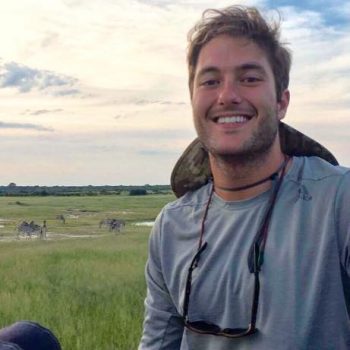
I’m Jackson Lucas, a Geology major from Lexington, Kentucky. On campus you can find me working in the Office of Admissions as a student illustrator, cruising around the Ho working in a micropaleontology lab, or climbing at the Angert Family climbing wall on the third floor of the gym! You can also always find me getting brunch or being outside and exploring new places around Madison county with friends. I’m excited to be in working in the Office of Sustainability this year to help make a lasting change within the Colgate community!
Ashlea Raemer
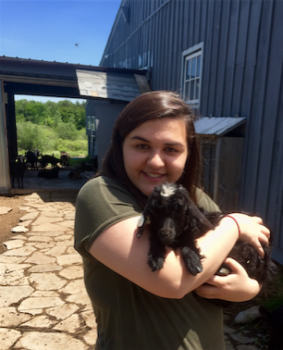
My name is Ashlea Raemer and I am an Environmental Studies and Biology double major from Troy, New York. I spend all my time in Cooley, giving campus tours, watching reality television, crocheting, and showing people pictures of animals that I’ve met recently.
Miranda Gilgore
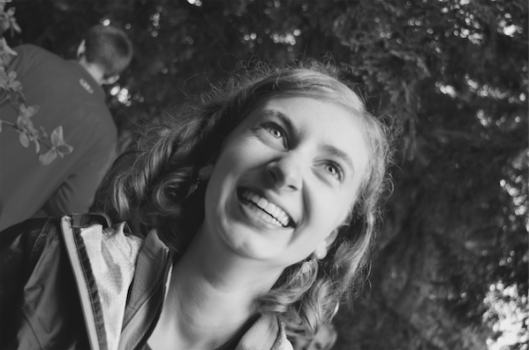
My name is Miranda Gilgore and I am a junior double majoring in German and Environmental Geography (although that is yet undeclared). I call Scotia, NY home and when I’m not busy with school work or the clubs I am involved with on campus, I like to craft, hang out with friends, and read articles about Germany.
MaryKathryn McCann
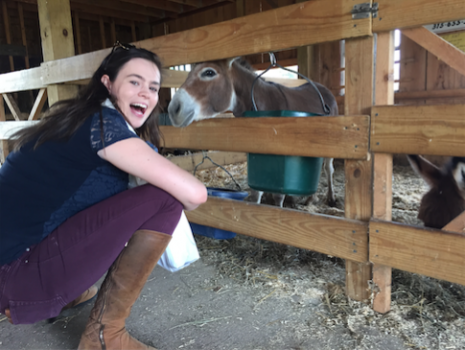
My name is MaryKathryn McCann and I am a current junior from Chester, New Jersey. I am majoring in biology and planning on minoring in religion. This is my second year as an intern and I am excited to continue my work with the Green Ambassador program. My interest in sustainability and the environment has stemmed from my childhood. I have worked with local watersheds in their efforts to clean up the headwaters of various rivers and educate the local community. I started this work at the age of eight and it is still one of my favorite activities to do during breaks. Through this work, I have gained an appreciation for the challenging but rewarding task of environmental issues education. At Colgate, I am excited that I get the opportunity to continue with this passion and share it with a different community.
Revee Needham
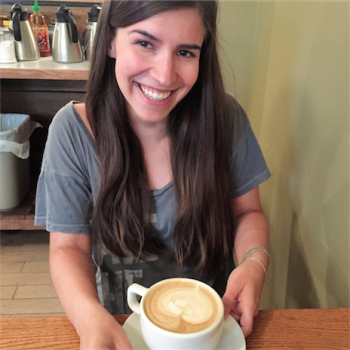
My name is Revee Needham and I’m from Lakeville, MN. I am majoring in Environmental Studies and Geography and am abroad in Wollongong Australia this semester! On campus, I’m involved in dancing and greek life. I spend my time trying out new vegetarian recipes, drinking coffee, eating chocolate, and petting cats.
Seamus Crowley
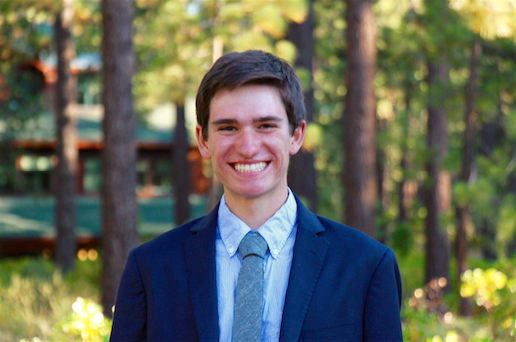
My name is Seamus Crowley and I am a junior majoring in Geology, and planning on majoring in Environmental Studies, as well. I was born and raised in Aspen, Colorado. Having spent my whole life surrounded by the Rocky Mountains I have acquired a deep appreciation for nature and the outdoors. Living in a location that is exceedingly susceptible to climate change I have learned the importance of living sustainably in order to preserve the natural world. This is my second year as a Green Raider Intern for the Office of Sustainability. I am particularly interested in issues revolving around climate change, recycling practices, and alternative energy sources. I am looking forward to promoting sustainable practices on campus and moving Colgate closer to the goal of carbon neutrality by 2019 throughout this year!
Grace Thomas
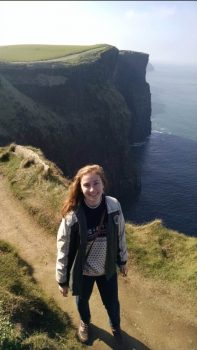
My name is Grace Thomas and I am from the Finger Lakes region in Canandaigua, New York. I am a double major in environmental studies and biology. On campus, I am an intern for Yes Means Yes, a member of Gamma Phi Beta and have served on the executive board for The Vagina Monologues and vegetarian club.
Fiona Adjei Boateng
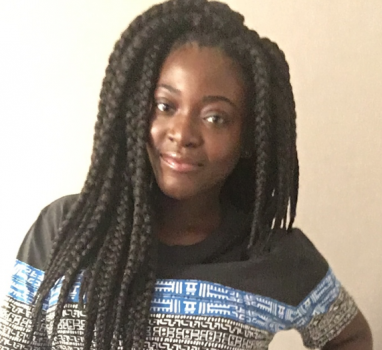
My name is Fiona and I am from Ghana. I’m a sophomore at Colgate University and still exploring Colgate’s liberal arts options. I decided to get into Colgate’s sustainability because I believe that everybody has a role to play in preserving our environment.
I love to take walks, cook and write fiction novels in my free time.
Anna McHugh
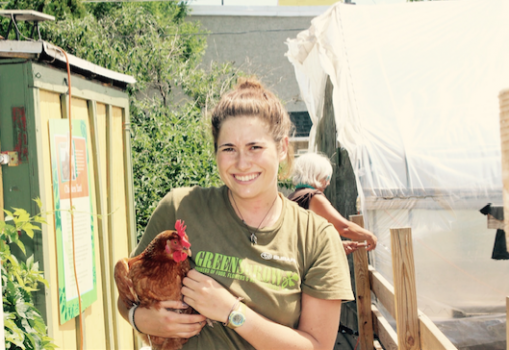
My name is Anna McHugh, and I am a senior from Philadelphia , PA majoring in environmental studies and minoring in education studies. I have been involved with the Sustainability Office for two years and have also been a staff member of Colgate’s Outdoor Education. I love being outside, I spent the summer working for an urban farm in Philadelphia and hiking in the Adirondacks.
Dan Pacheco
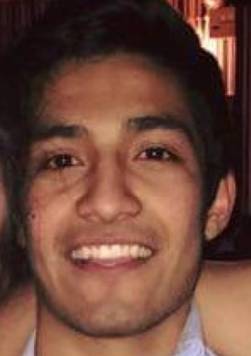
My name is Dan and I am beginning my final year at Colgate University, completing a major in philosophy. My extracurriculars on campus (besides sustainability, of course!) include North Broad Street Tutoring (a COVE group), and Theta Chi Fraternity. I also love reading and watching sports. My favorite book is the Dharma Bums by Jack Kerouac, and my favorite sports team is the Minnesota Timberwolves.
Julia Feikens
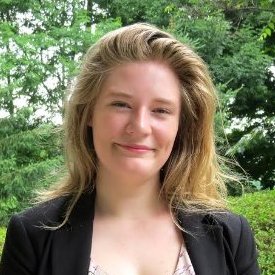
My name is Julia Feikens and I’m from West Nyack, NY. I’m a junior majoring in Environmental Geography with an expected minor in Anthropology. On campus, I’m a member of Delta Delta Delta, the Swinging Gates, and the Colgate Sushi Society. I enjoy swimming, singing, fishing, and bring outdoors. My main passions in sustainability are food distribution and species protection.
Ben Schick
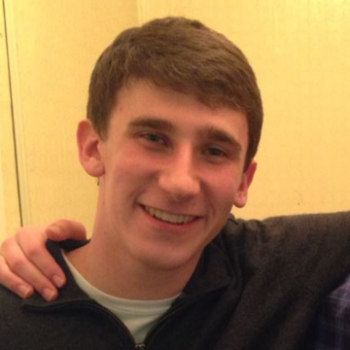
My name is Ben Schick. I am a Senior from Potomac, MD studying Economics and Environmental Studies. In my free time, I enjoy playing ultimate frisbee.
Dominic Wilkins
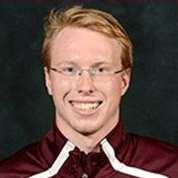
My name is Dominic and I am a senior studying Religion and Environmental Studies. I am a part of the Link Staff this year, and I am also on the swimming and diving team.
